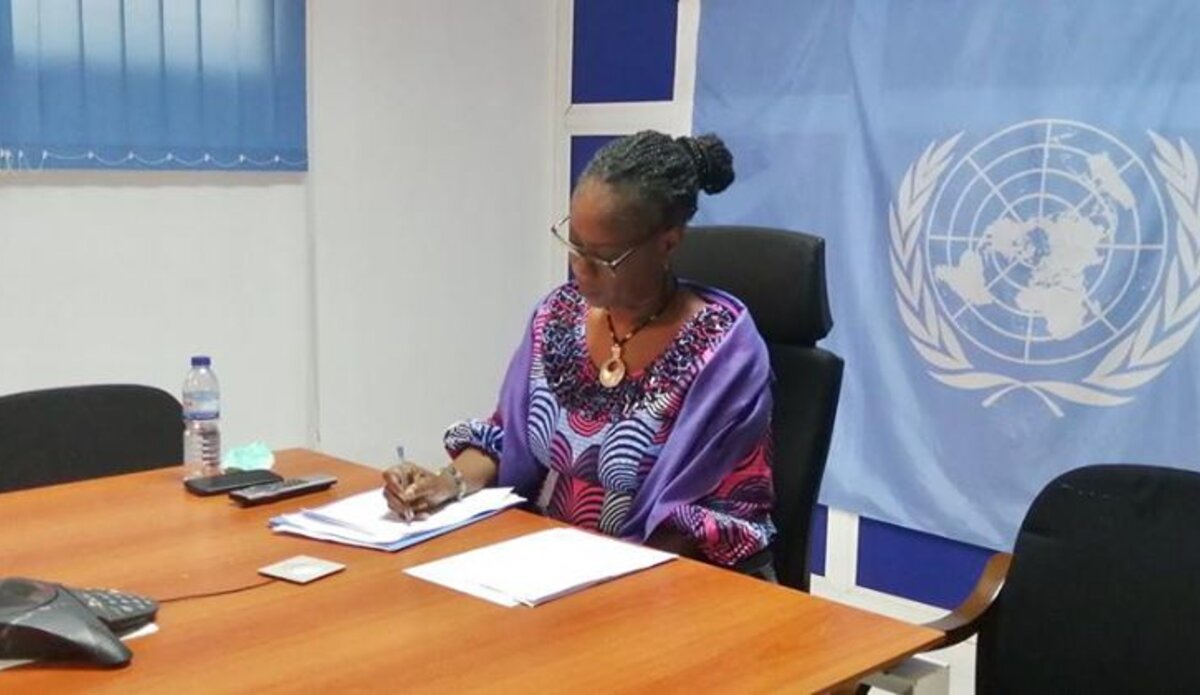
Guinea-Bissau is facing escalating political uncertainty after the Supreme Court barred the main opposition coalition, Pai-Terra Ranka, from participating in the general elections scheduled for 23 November.
The coalition, which unites a dozen parties including the PAIGC led by former Prime Minister Domingos Simoes Pereira, submitted its candidacy last Tuesday but was informed it would not have sufficient time for the court to analyse the applications.
Pereira returned to Guinea-Bissau just a week ago after nine months in exile for security reasons. His exclusion has triggered concerns that the country could slide into renewed political tension.
While the opposition has not yet formally responded, analysts warn that the move risks undermining trust in the electoral process and could fuel unrest.
President Umaro Sissoco Embalo, in power since 2020, had previously indicated that he would not seek a second term, raising expectations for a peaceful transition.
However, the Supreme Court’s decision has been widely perceived as favouring exclusionary political strategies rather than upholding impartial legal principles.
“The true guardian of the village is the one who keeps the flames away, not the one who lights them,” says an African proverb, reflecting the fragile atmosphere.
Observers suggest that the opposition now faces a critical test of strategy and maturity.
With the main alternative candidate, Fernando Dias of the Party for Social Renewal, seen as less unifying than Pereira, political dynamics could shift unpredictably in the coming weeks. Analysts caution that failure to manage tensions could result in street protests and heavy-handed policing, including the use of tear gas against demonstrators.
Political commentators argue that President Embalo could still secure a legacy of respect by allowing a fair and inclusive transition.
“Even a poorly opened door can close gracefully,” a proverb notes, underscoring the opportunity for measured statesmanship.
Critics, however, say the cancellation of legislative elections and sidelining of key opposition figures risks depriving Bissau-Guineans of peace of mind and deepening the crisis.
As the electoral countdown continues, both the government and opposition face mounting pressure to act responsibly to avoid destabilising the nation further, while public attention remains focused on how Guinea-Bissau will navigate this fraught political landscape.



